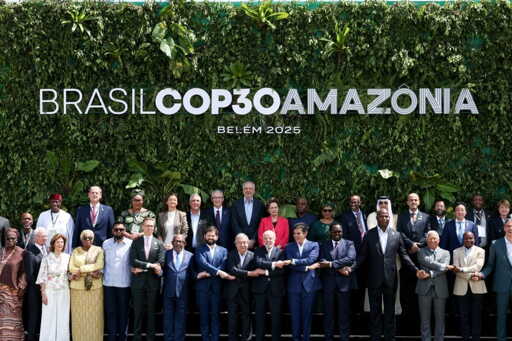The governments of nine tropical countries recently made a joint pledge to recognize 160 million hectares, or 395 million acres, of Indigenous and other traditional lands by 2030, according to a Nov. 7 announcement at the World Leaders Summit, an event hosted ahead of the U.N. Climate Change Conference in Belém, Brazil. The Intergovernmental Land Tenure Commitment (ILTC) marks the first time countries have come together to expand recognition for land tenure for Indigenous and other traditional land stewards. So far, Brazil, Colombia, Costa Rica, Ecuador, Fiji, Indonesia and the Democratic Republic of Congo have signed the commitment. A breakdown of specific commitments by country has not yet been made publicly available but is expected to be announced on Nov. 17, according to the ILTC press office. Sonia Guajajara, Brazil’s minister of Indigenous peoples, said in a press release that at least 59 million hectares (146 million acres), more than one-third of the pledge’s total commitment, would come from Brazil, the conference’s host country. According to a 2023 report by the global advocacy group Rights and Resources Initiative, more than 1.3 billion hectares (3.2 billion acres) of land is protected by Indigenous, Afro-descendant and other traditional communities, but only 11% is formally recognized as theirs in the 73 countries analyzed. The announcement of the ILTC was made on the same day that Norway, Germany, the U.K., the Netherlands and 35 philanthropies and donors renewed a pledge to donate $1.8 billion over four years toward land tenure. Over the last four years, the Forest…This article was originally published on Mongabay
From Conservation news via this RSS feed


